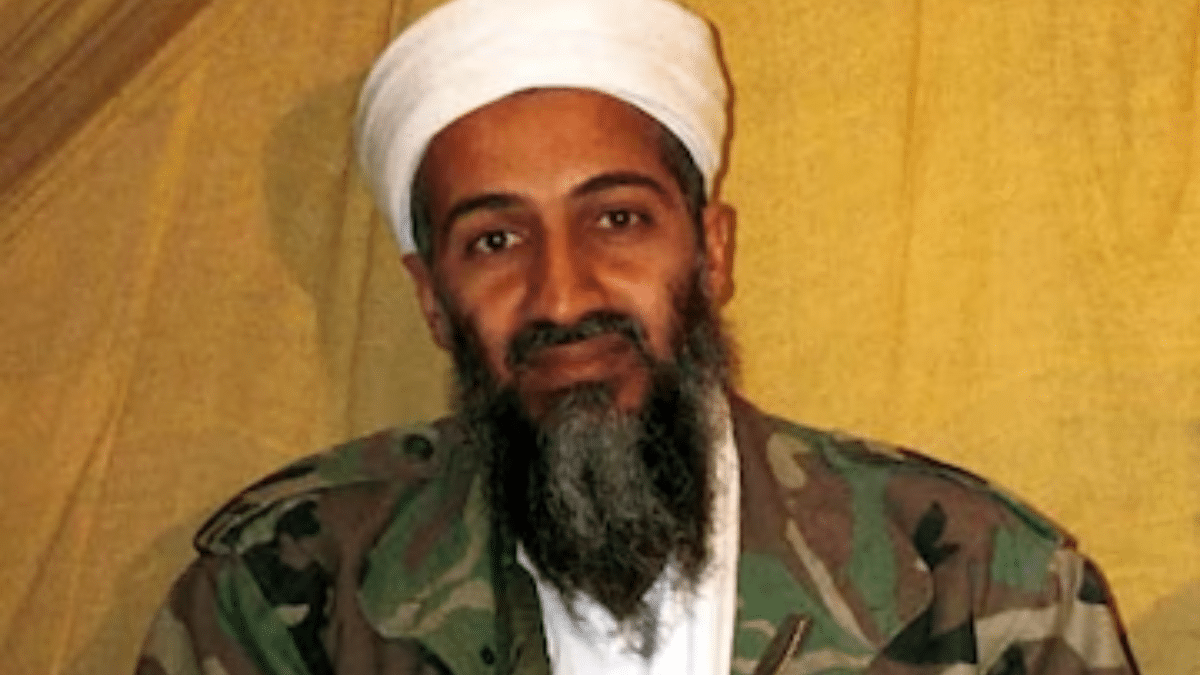Long before the successful American operation that resulted in Osama Bin Laden’s death in 2011, former Pakistani prime minister Yusuf Raza Gilani revealed that former US Secretary of State Condoleezza Rice had voiced her concerns to his government about the terrorist leader’s possible hiding place.
Before the February 8 general elections in Pakistan, Gilani, the country’s Prime Minister from 2008 to 2012, provided this information in an interview with Geo News. Gilani claimed that among her four visits to Pakistan, Rice expressed her concerns during an unexpected trip to Islamabad in the first week of December 2008, just after the horrific attacks in Mumbai.
“Condoleezza Rice had been to Pakistan, and she was concerned that he (Bin Laden) was there,” Gilani said. In response to a question concerning his thoughts on Rice’s material, Gilani stated, “When she shared that, I said it was disinformation.”
On May 2, 2011, US Navy Seals assassinated Osama bin Laden, the infamous head of al Qaeda, in the Pakistani garrison city of Abbottabad. Nonetheless, Gilani blamed a breakdown in international intelligence for the finding of Bin Laden on Pakistani soil.
Gilani underlined, “If they had any evidence, they should have given it to us,” in response to the question of whether the intelligence provided by Rice was contained in US material. “We would have assisted them because we opposed terrorism and were engaged in a battle against it that cost billions of dollars and many precious lives of both military personnel and civilians,” he further added.
Veteran Pakistan Peoples Party leader Gilani responded to queries concerning his prior remarks in the National Assembly of Pakistan casting doubt on Bin Laden’s whereabouts. He explained that since Bin Laden was not a citizen of Pakistan but rather was born overseas, Pakistan’s goal was to put an end to rumours in the international media.
Gilani claimed to have received detailed briefings on the subject of intelligence cooperation with Pakistan’s Inter-Services Intelligence (ISI) agency. He supported the country’s counterterrorism efforts, emphasising the sacrifices made by civilians and military alike.

